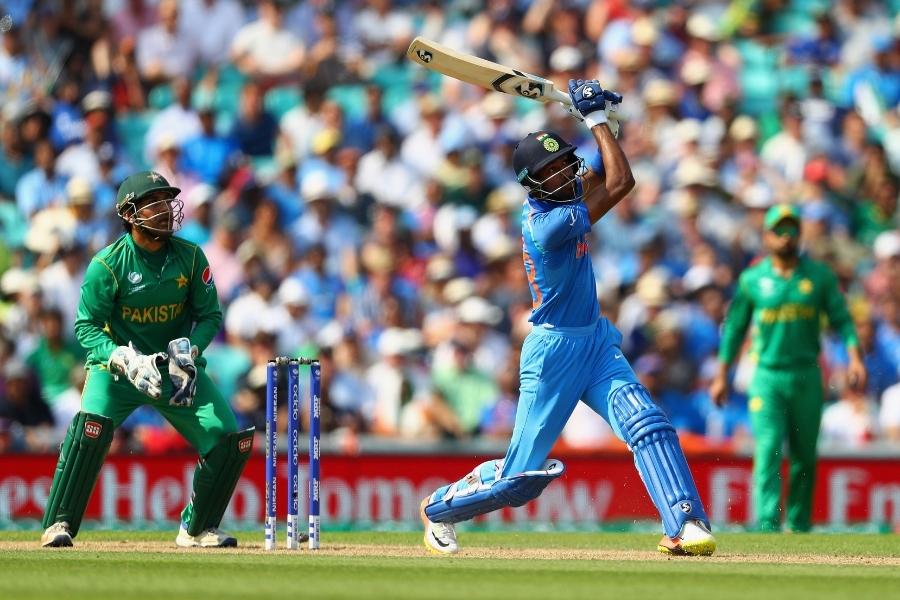In the aftermath of the Pahalgam terror attack, emotions are still running high. Operation Sindoor may have neutralised the immediate threat — but the wounds left behind are still raw. As the Asia Cup draws closer, the announcement of an India-Pakistan cricket match (on September 14) at the tournament has stirred widespread debate. We asked six young cricket fans from Kolkata for their thoughts on whether sport between the two nations should carry on. Here’s what they had to say…
‘Cricket mustn’t drown the cries of the bereaved’
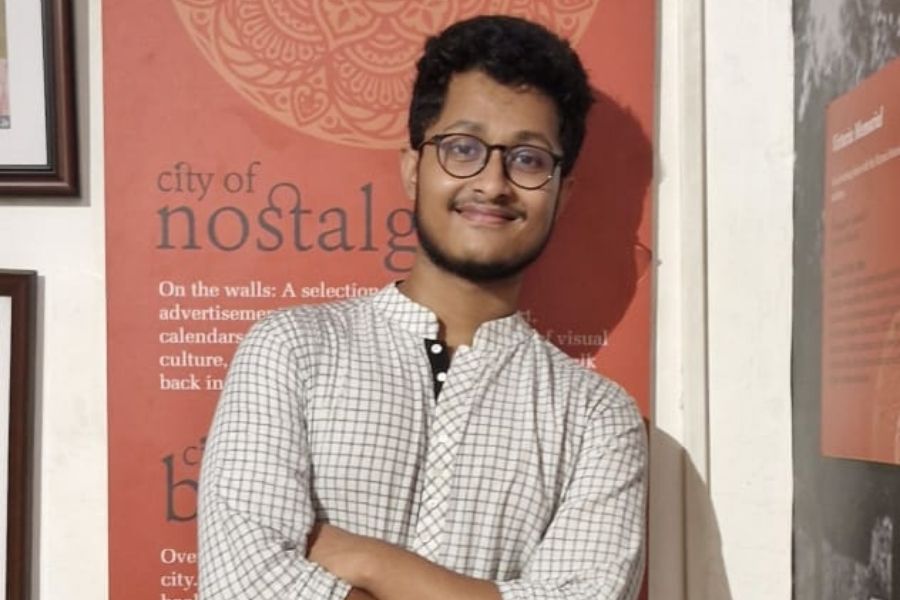
Abhinabha Paul
Abhinabha Paul, 18, from Selimpur, believes that the Pahalgam attack, which claimed several lives and devastated many families, must be met with a strong symbolic stance, which includes not engaging in any cricketing ties with Pakistan.
“The families of victims have called for the recognition of the fallen as martyrs. In such a deeply sensitive moment, going ahead with a high-profile cricket match with Pakistan, a country accused of harbouring and funding terrorism, feels outright disrespectful,” Abhinabha says.
He points out that political leaders and former cricketers like Mohammad Azharuddin have already questioned the appropriateness of such a match in the current climate. “Playing against Pakistan right after a terror attack is not diplomacy — it’s disregard,” he says, firmly adding, “India should not play — as a protest against a state sponsor of terrorism.”
‘This time, we’re not cheering’
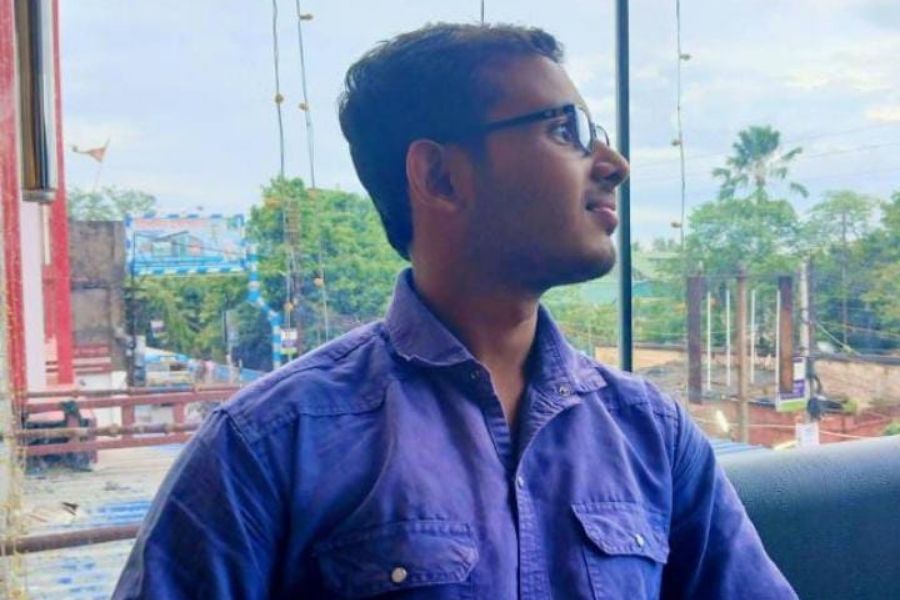
Meghdoot Saha
Cricket fan Meghdoot Saha from Serampore agrees. “Usually, we call the India-Pakistan match the Asian derby — the most intense and exciting face-off in world cricket. But not this time,” he says.
The 20-year-old points to the emotional scars left behind by the Pahalgam tragedy. “Yes, Operation Sindoor was a successful counter to that attack, but you can’t erase the pain. Citizens across the country are asking for a boycott. We can’t keep normalising relations through sport while we lose lives to cross-border terrorism. No respect should be extended to a government that funds terror. Boycotting the match is the least we can do to honour the victims.”
‘National unity must trump rivalries’
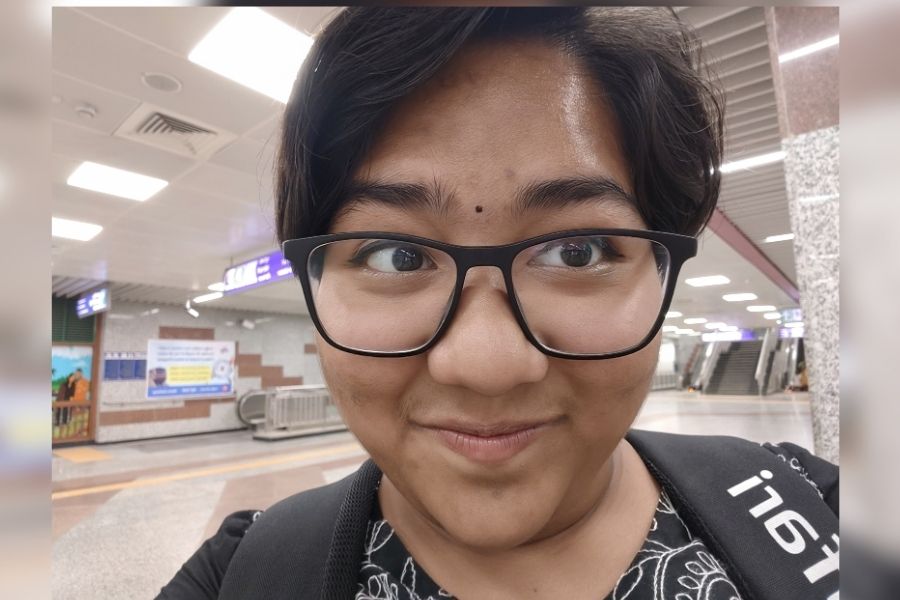
Shawanee Dutta
For 18-year-old Shawanee Dutta from Sodepur, the trauma of the recent events has been a turning point in how she views cricket diplomacy. “I’ve grown up loving cricket and believing it should be above politics. But the Pahalgam attack changed that,” she admits.
She believes that while global ICC events leave little room for scheduling flexibility, voluntarily planning a match with Pakistan sends the wrong message. “When people are mourning, when there is pain and fear in the country, engaging in sport with the accused sends the message that nothing really matters more than profits and ratings.”
Shawanee urges that now is the time for unity over rivalry. “We can’t put on a show just to monetise it. This is a time to show strength through restraint.”
‘Cricket has symbolic power — let’s use it responsibly’
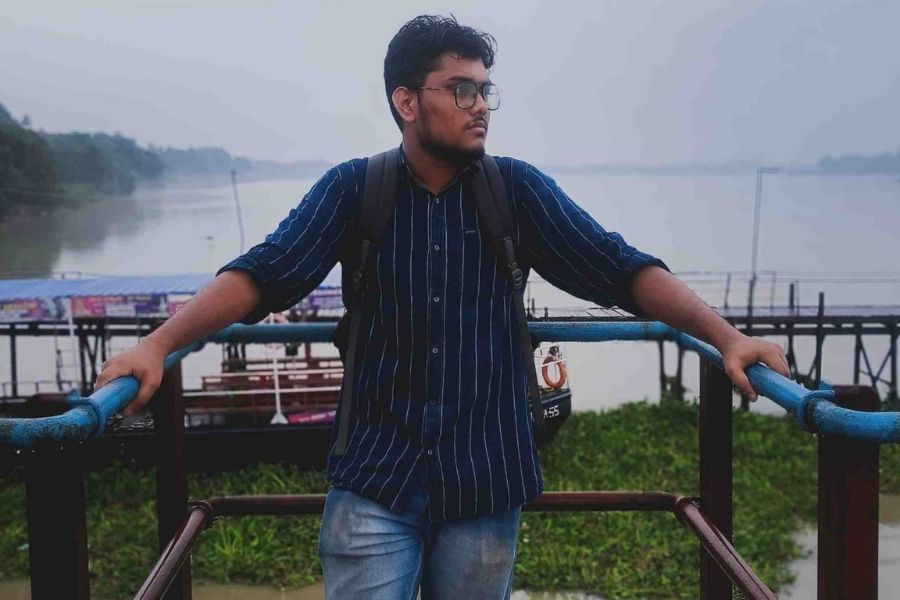
Arya Dutta
Arya Dutta, 19, from Khardah, expresses disappointment at the idea of continuing cricket matches with Pakistan. “Every person who lost their lives is a reminder of the high cost we pay for our security. Playing a game with the same nation that shelters their killers? It’s unjust.”
She believes cricket, while a sport, carries immense symbolic weight. “It’s not just entertainment. It’s on a platform seen by millions. What message are we sending by going ahead with such a match?”
Arya also highlights the monetary factor: “We know these games rake in money. But no profit should be greater than our principles. BCCI should continue its stance against bilateral series and push against such match-ups even in multinational tournaments.”
‘Boycott is not just protest — it’s a message to the world’
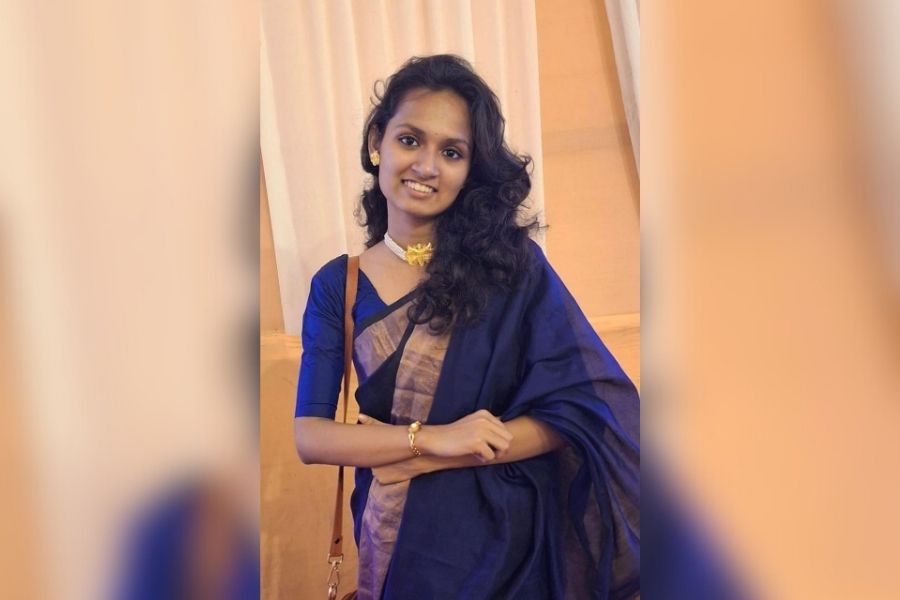
Sririddhi Auddy
Sririddhi Auddy, a 19-year-old from Bagbazar, feels that any sporting ties with Pakistan after the events in Pahalgam would not only be insensitive, but also diplomatically confusing. “We lost Lt. Narwal and many others. Now is not the time to pretend everything is business as usual,” she says.
According to her, playing against Pakistan not only undermines the sacrifices of soldiers and victims, but also aids Pakistan indirectly. “These matches bring revenue to the PCB, and in turn to the state. It’s like funding the same state that sponsors terror.”
Sririddhi makes her position clear: “Boycott is the only language they understand. Just like diplomatic downgrades, cricketing boycotts are valid tools of protest.”
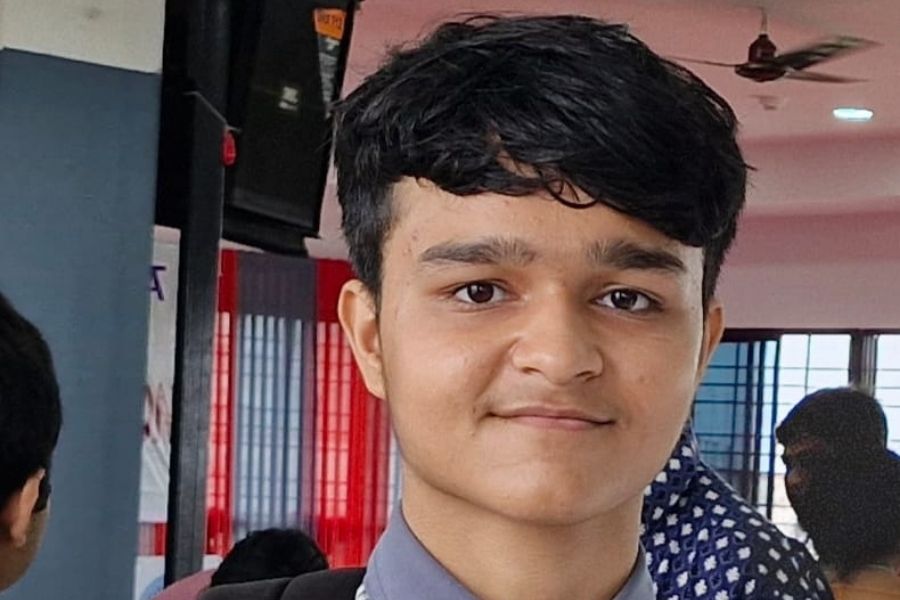
Angshu Das Biswas
Angshu Das Biswas from Patuli has a strong opinion. “After Pahalgam and Pakistan’s shameless denial of involvement, how can we pretend it’s all fair play on the pitch?” the 18-year-old questions.
He critiques what he calls the ‘diplomatic doublespeak’ of permitting cricket while shutting down other channels of cultural or diplomatic exchange. “We’ve restricted Indus water flows, pulled out of media collaborations, even revoked MFN status — then why this sport-washing?”
For Angshu, this is a matter of choosing sides. “Are we playing for cheers, or are we standing for justice? No scoreboard can compensate for a life lost to terrorism.”
‘Selective patriotism has no place in times of grief’
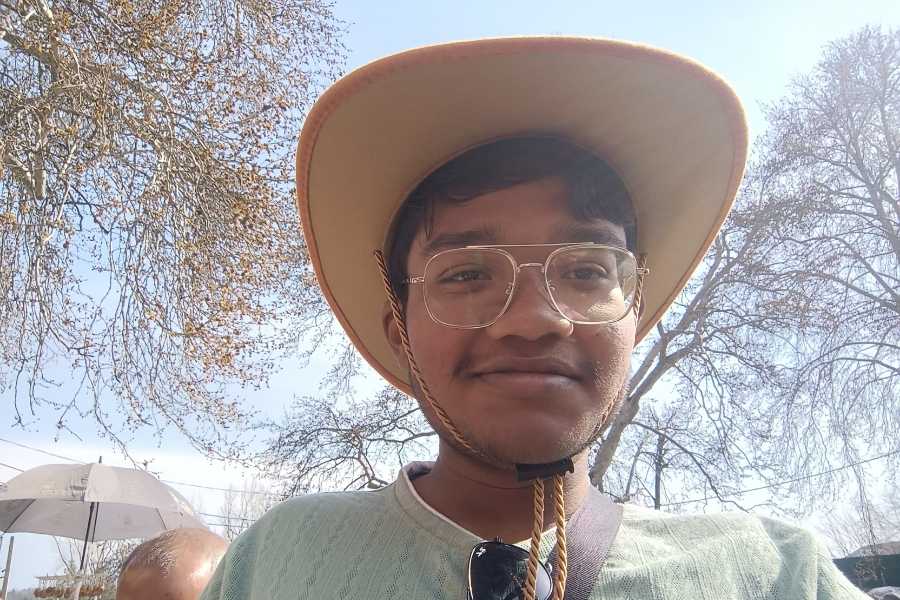
Ankit Das
Ankit Das, 18, from Jodhpur Park, has followed Indian cricket with passion since 2012. For him, the India-Pakistan clash has always been a blockbuster event — a fixture that draws massive attention and emotions. But after the Pahalgam attack, Ankit believes that continuing with such matches sends the wrong signal.
“ICC and ACC always ensure that the India-Pakistan match happens in the group stages for viewership. But look at what the Indian Legends team did — they pulled out of the fixture in both the group stage and the semi-final. That was a good decision,” he says.
Ankit criticises what he calls ‘selective patriotism’ and questions the BCCI’s stance. “You can’t stand with the nation only when convenient. If the BCCI doesn’t boycott the match, then I believe our players should take that stand. Because this isn’t just a game anymore — it’s about integrity,” he explains.
